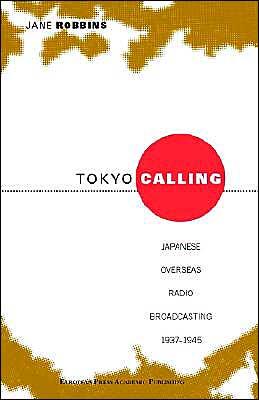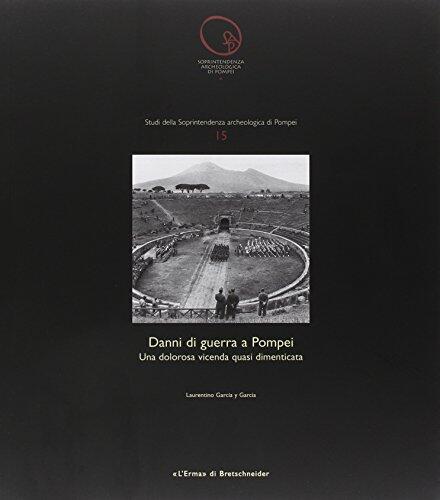
Tokyo Calling: Japanese Overseas Radio Broadcasting 1937-1945
par
Jane M. J. Robbins
Pas encore d'évaluations
Action & Adventure
History
Manga
Format
Broché
Pages
336
Langue
Italien
Publié
Jan 1, 2001
Éditeur
European Press Academic Pub.
ISBN-10
8883980131
ISBN-13
9788883980138
Description
During a tumultuous period in world history, the evolution of Japanese overseas broadcasting created a unique and influential medium that would resonate across borders. The narrative unfolds in the years leading up to and during World War II, capturing the ambitions and strategies of the Japanese government as they sought to project their voice globally. Robbins delves into the technical advancements and the socio-political context that shaped this broadcasting phenomenon, providing readers with a comprehensive overview of its significance.
Through detailed research, Robbins explores the intricate relationship between broadcast media and national identity. As Japan expanded its reach, radio became a tool not merely for communication but also for propaganda and cultural exchange. The author places particular emphasis on the challenges and successes encountered by broadcasters, revealing the creativity and resilience of those who operated within the system.
The account also sheds light on the experiences of listeners, both in Japan and abroad. By scrutinizing audience reception and the impact of international relations, Robbins invites readers to consider the power dynamics of communication during a critical era. This multifaceted exploration captures the essence of a unique historical moment, offering valuable insights into the intersections of culture, politics, and technology.
Overall, Robbins’s work serves as a critical examination of how broadcasting shaped perceptions and narratives during a time marked by conflict and change. The legacy of these broadcasts extends beyond their time, informing contemporary discussions about media and its role in society today.
Through detailed research, Robbins explores the intricate relationship between broadcast media and national identity. As Japan expanded its reach, radio became a tool not merely for communication but also for propaganda and cultural exchange. The author places particular emphasis on the challenges and successes encountered by broadcasters, revealing the creativity and resilience of those who operated within the system.
The account also sheds light on the experiences of listeners, both in Japan and abroad. By scrutinizing audience reception and the impact of international relations, Robbins invites readers to consider the power dynamics of communication during a critical era. This multifaceted exploration captures the essence of a unique historical moment, offering valuable insights into the intersections of culture, politics, and technology.
Overall, Robbins’s work serves as a critical examination of how broadcasting shaped perceptions and narratives during a time marked by conflict and change. The legacy of these broadcasts extends beyond their time, informing contemporary discussions about media and its role in society today.
Avis
Aucun avis pour le moment
Soyez le premier à donner votre avis sur ce livre et partagez vos pensées
Ajouter le premier avisJournal de lecture
Aucun journal de lecture trouvé
Commencez à suivre vos progrès de lecture pour voir les journaux ici
Ajoutez votre premier journal de lectureNotes
Journal des transactions
Aucun journal de transactions trouvé
Commencez à suivre vos transactions de livres pour voir les journaux ici
Ajoutez votre premier journal de transactions


















